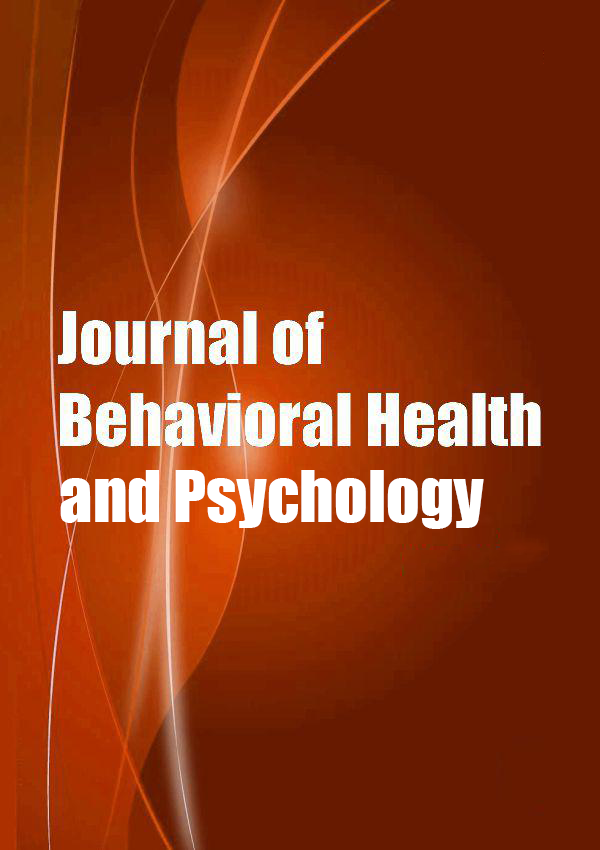Peer Review Policy
Peer Review Policy
The practice of peer review is to ensure that only good science is published. It is an objective process at the heart of good scholarly publishing and is carried out by all reputable scientific journals. Our referees play a vital role in maintaining the high standards Review Policy and all manuscripts are peer reviewed following the procedure outlined below.
Initial manuscript evaluation
The Editor first evaluates all manuscripts. It is rare, but it is possible for an exceptional manuscript to be accepted at this stage. Manuscripts rejected at this stage are insufficiently original, have serious scientific flaws, have poor grammar or English language, or are outside the aims and scope of the journal. Those that meet the minimum criteria are normally passed on to at least 2 experts for review.
Type of Peer Review
Policy employs double blind reviewing, where both the referee and author remain anonymous throughout the process.
How the referee is selected
Whenever possible, referees are matched to the paper according to their expertise and our database is constantly being updated.
Referee reports
Referees are asked to evaluate whether the manuscript: - Is original - Is methodologically sound - Follows appropriate ethical guidelines - Has results which are clearly presented and support the conclusions - Correctly references previous relevant work.
Language correction is not part of the peer review process, but referees may, if so wish, suggest corrections to the manuscript.
How long does the review process take?
The time required for the review process is dependent on the response of the referees. Should the referee's reports contradict one another or a report is unnecessarily delayed, a further expert opinion will be sought. The Editor's decision will be sent to the author with recommendations made by the referees, which usually includes verbatim comments by the referees. Revised manuscripts might be returned to the initial referees who may then request another revision of a manuscript.
Final report
A final decision to accept or reject the manuscript will be sent to the author along with any recommendations made by the referees, and may include verbatim comments by the referees.
Editor's Decision is final
Referees advise the editor, who is responsible for the final decision to accept or reject the article.





